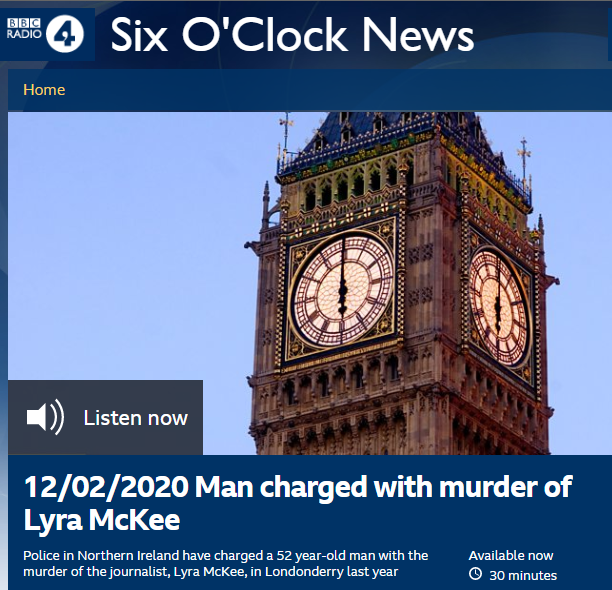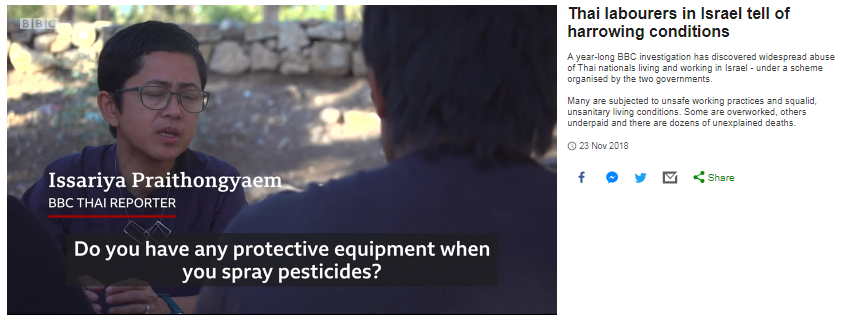Last week we looked at the BBC News website’s simplistic reporting of the publication of a blacklist of companies by the UN Human Rights Council.
BBC News report on UNHRC blacklist conceals more than it reveals
Among the issues arising from that BBC report was the fact that at no point were readers informed that there is no prohibition in international law from doing business in occupied or disputed territories, as explained in this article by Orde Kittire:
“The blacklist also lacks a basis in international law. Indeed, international law does not prohibit business in disputed territories. Nor is doing such business inconsistent with the principles of corporate social responsibility (which are non-binding). That is the official view of the United Nations, expressed in its Global Compact document titled “Guidance on Responsible Business in Conflict-Affected and High-Risk Areas: A Resource for Companies and Investors.””
The same serious omission was found in a news bulletin aired on BBC Radio 4’s ‘Six O’Clock News’ on February 12th (from 18:04 here).
[emphasis in italics in the original, emphasis in bold added]
Newsreader: “The UN Human Rights Council has released a list of more then a hundred companies it believes are operating in Israeli settlements in the West Bank. Publication of the names is being seen as the first substantial step against settlements by the international community in years. Our Middle East correspondent Tom Bateman reports from Jerusalem.”
Listeners were not told by whom the UNHRC’s publication “is being seen” in that manner or what is the political agenda of organisations or individuals supposedly expressing such a view and hence were not able to judge that glib statement for themselves.
Bateman: “The list names 112 firms considered to help the development of Israeli settlements. The UN looked at companies who supplied building or surveillance equipment as well as banking, transport and travel services. Most of the firms named by the Human Rights Council are Israeli but others are large international companies including Airbnb, Booking.com and Motorola Solutions. The list also names the British construction company JCB and the travel booking firm Opodo. Settlements are seen as illegal under international law, although Israel disputes this. Its government has been deeply concerned about the release of the so-called blacklist, fearing it would be used to justify boycotts of its private sector. Tonight it called the publication a shameful surrender to those who want to hurt Israel, while the Palestinian Authority said it was a good day for peace and a rules-based order.”
Once again we see that BBC audiences were told nothing about the dubious composition and long-standing anti-Israel bias of the UNHRC or the fact that it has not complied similar lists of companies operating in other occupied or disputed territories anywhere else in the world. Likewise listeners were not informed of the role played by BDS supporting political NGOs in the compilation of the blacklist.
Most notably, however, while Tom Bateman specifically named several companies in his report – including two British ones – he did not bother to clarify that there is nothing illegal about their business activities before he immediately went on to recite the BBC’s standard partisan mantra concerning ‘international law’.
Related Articles:
BBC News report on UNHRC blacklist conceals more than it reveals




